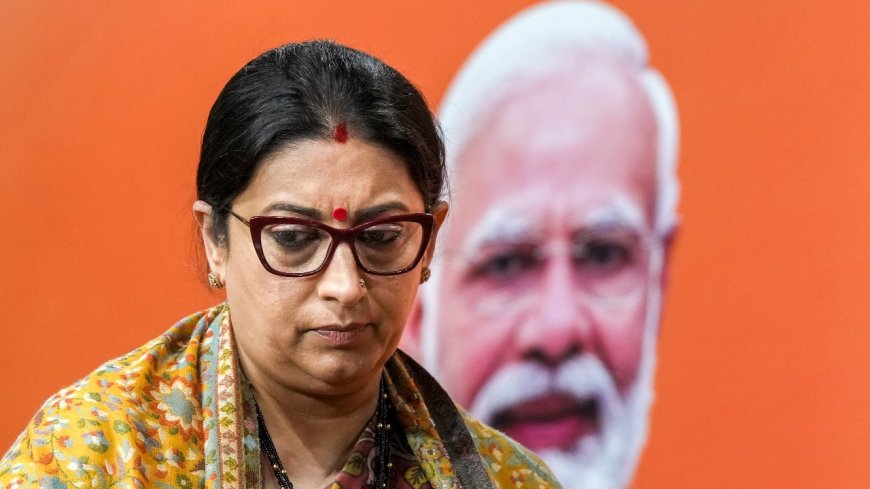Congress' 'Soros agent' jibe over Smriti Irani's past USAID role, BJP claps back
Congress Soros agent jibe over Smriti Iranis past USAID role BJP claps back

Congress' 'Soros agent' Jibe Over Smriti Irani's Past USAID Role, BJP Claps Back
In a heated political exchange, Congress has taken a swipe at Union Minister Smriti Irani, referring to her previous work with USAID. This derogatory remark came amid ongoing debates about foreign influence in Indian politics, particularly concerning funding from prominent figures like George Soros. The context of this exchange highlights the broader battle between the two major political parties in India, with each side engaging in strategic attacks to undermine the other.
Background of the Controversy
Smriti Irani, who has been a significant figure in Indian politics, previously held a role as a consultant for the United States Agency for International Development (USAID). This association has provided Congress with ammunition to question her loyalty and intentions. The term 'Soros agent' implies a negative connotation, suggesting that Irani is being manipulated by foreign entities aiming to influence Indian affairs.
BJP's Strong Response
The Bharatiya Janata Party (BJP), with its stronghold on nationalist sentiments, responded aggressively to these allegations. Party members emphasize that Smriti Irani has always acted in the best interests of India, regardless of her past affiliations. They argue that the Congress party is resorting to desperate measures to divert attention from their own shortcomings and failures. BJP spokespersons have reiterated that attacking a leader's past—especially when it concerns service to her country—shows a lack of substantive debate from the opposition.
Implications for Indian Politics
The allegations and the ensuing rebuttals are reflective of the larger narrative in Indian politics, where issues of foreign influence, nationalism, and accountability are frequently contested. Such accusations also fuel the public's interest in understanding the backgrounds of political leaders. As the political landscape continues to evolve, the electorate remains vigilant regarding who they choose to trust.
Key Takeaways
This political spat not only highlights the ongoing tussle between the Congress and the BJP but also underscores the strategic use of past associations to label political opponents. As both parties gear up for future elections, narratives formed during these exchanges could significantly impact voter perceptions. The continuing dialogue around political transparency, accountability, and foreign influence remains critical in shaping the future dynamics of Indian politics.
For more updates, visit dharmyuddh.com.
Conclusion
Such exchanges are indicative of the climate in Indian politics today, where historical associations and personal attacks are common. The BJP's defense of Irani is a clear indication of their strategy to rally their base against perceived foreign interference. Meanwhile, Congress’s tactics illustrate the high stakes associated with public perceptions as India approaches crucial electoral battles. Keywords: Congress Smriti Irani USAID role, BJP response to Congress allegations, Soros agent controversy, Indian politics foreign influence, Smriti Irani past associations, political spat Congress BJP, voter perceptions India, nationalism in Indian politics, political accountability issues







